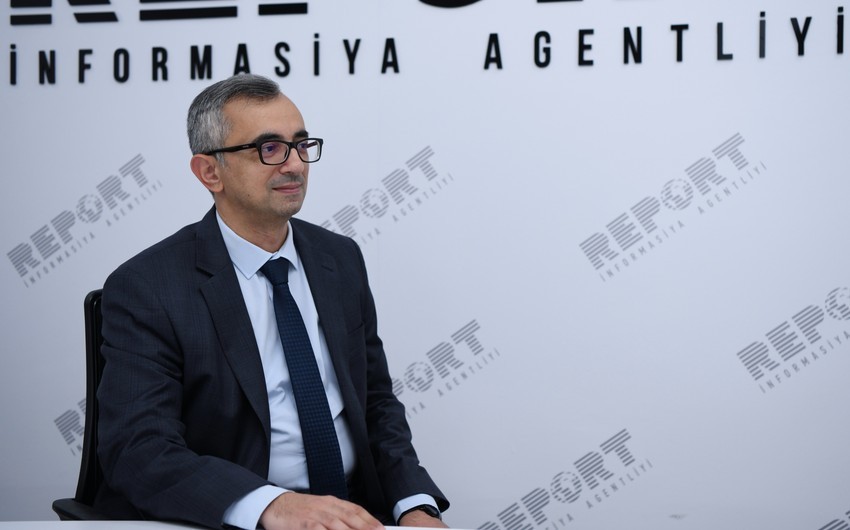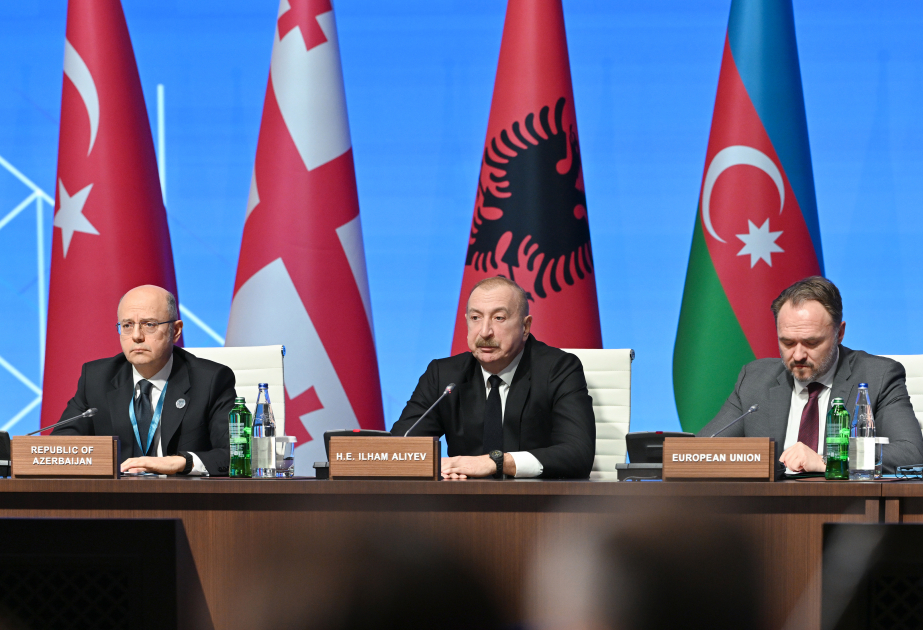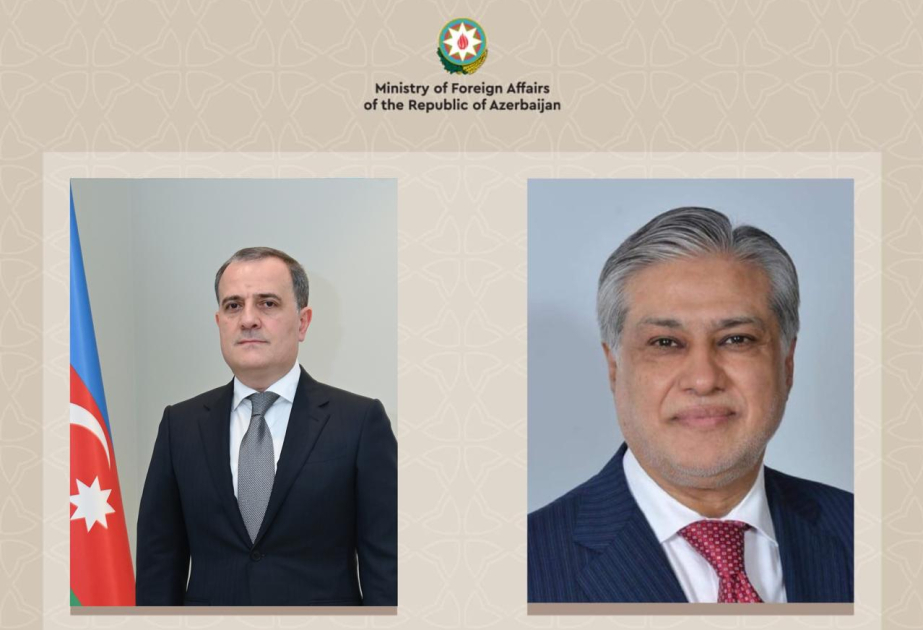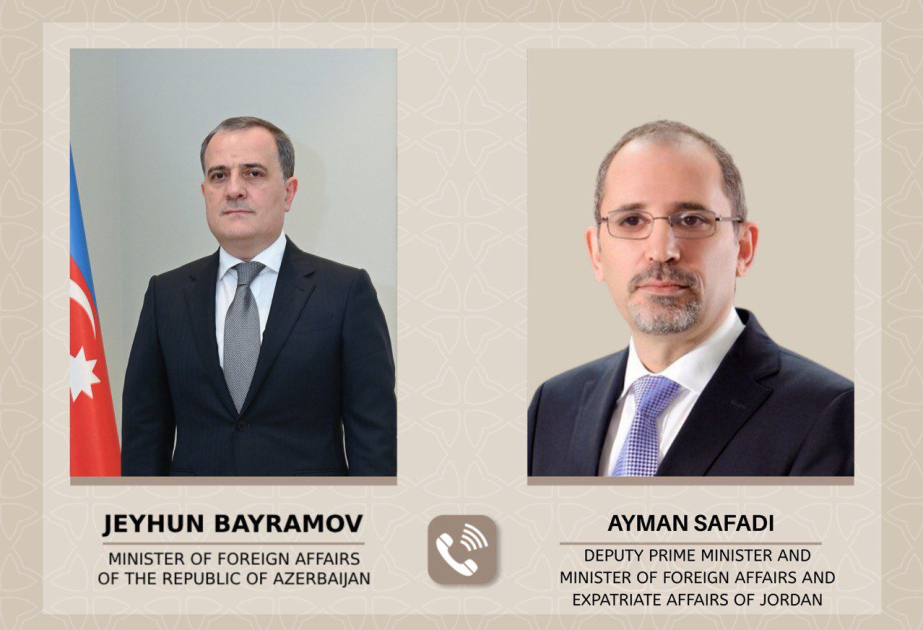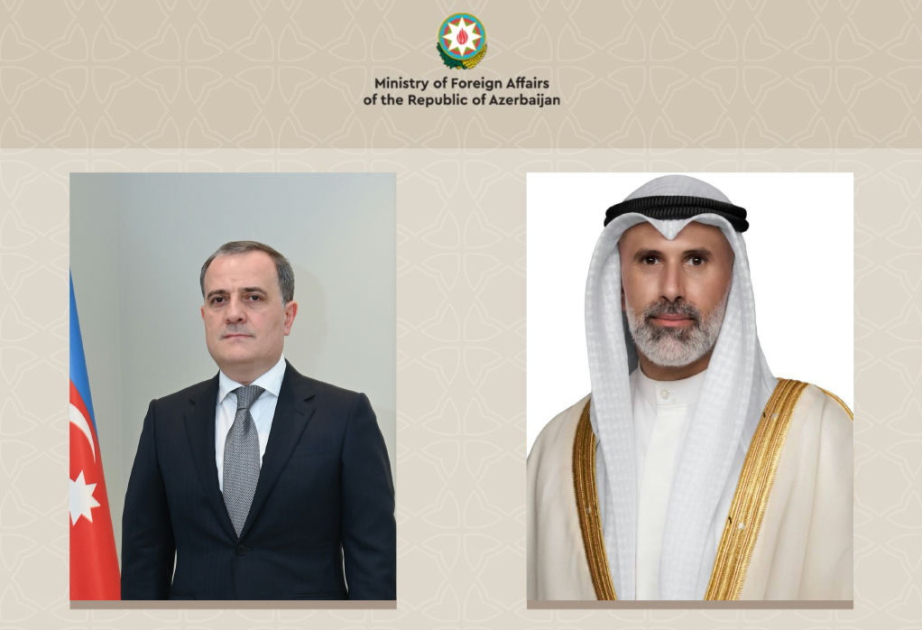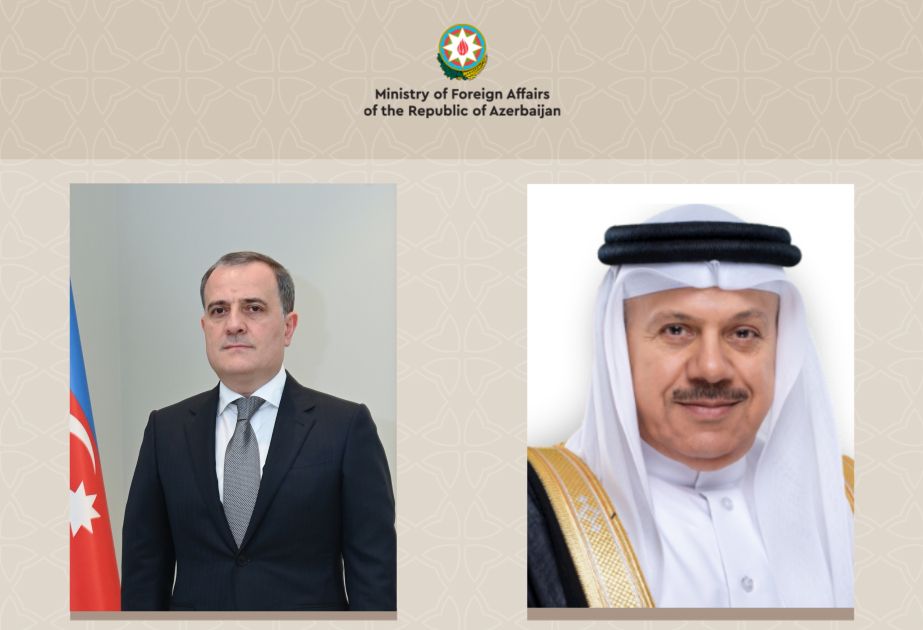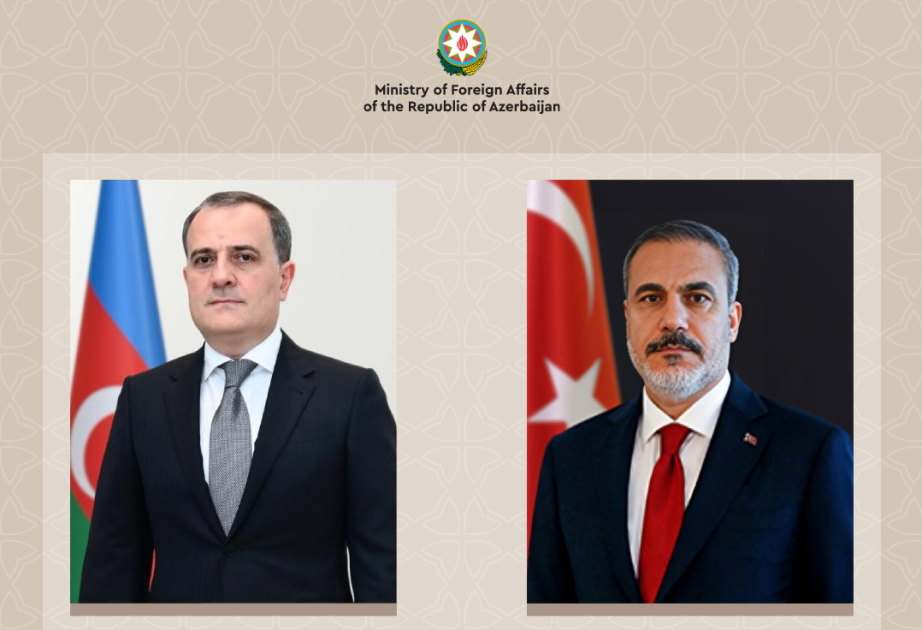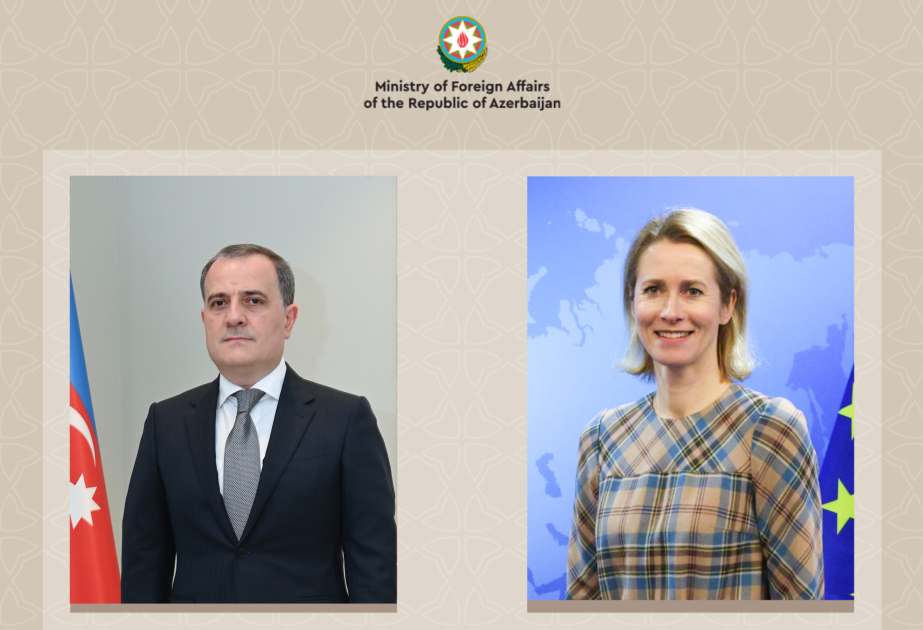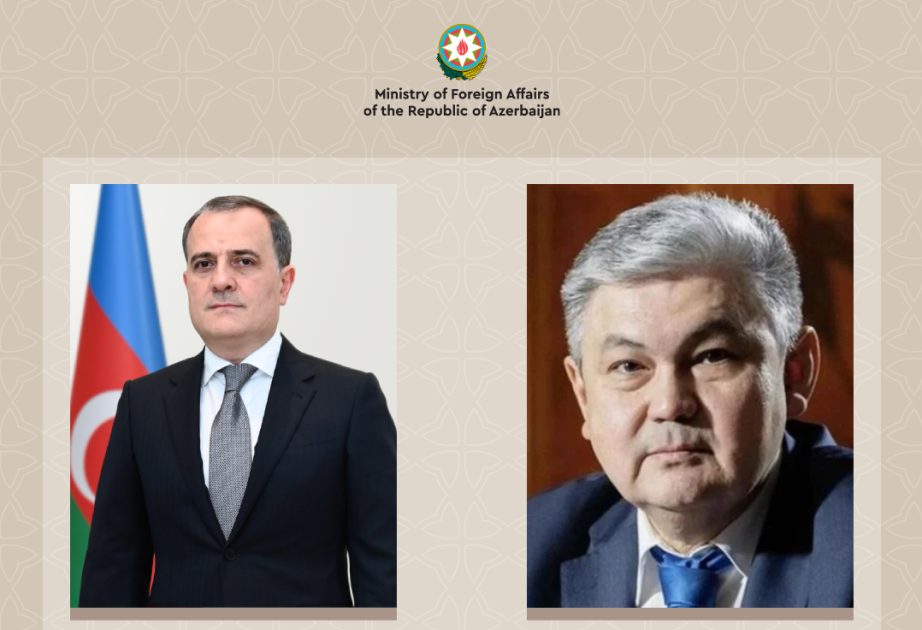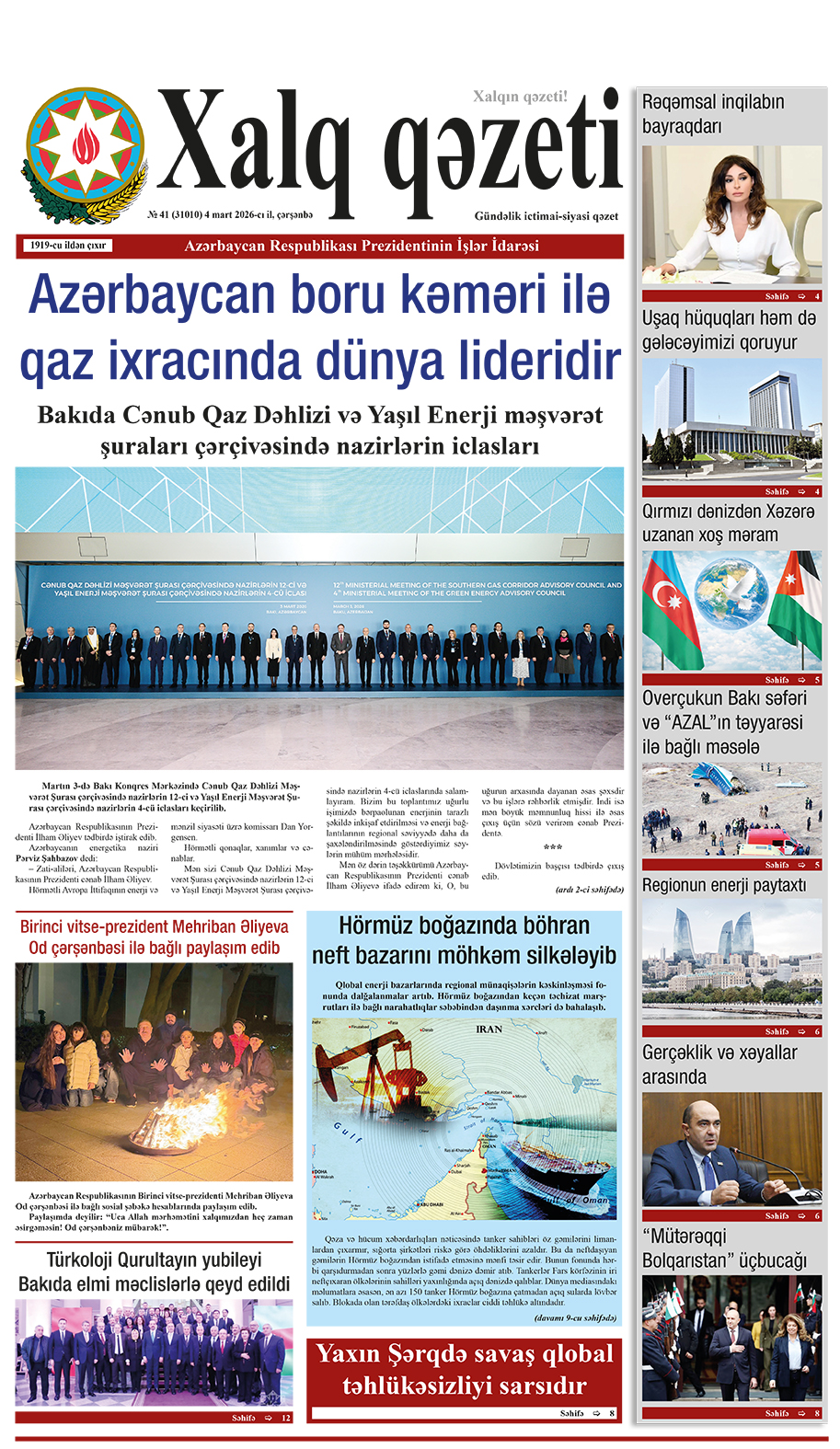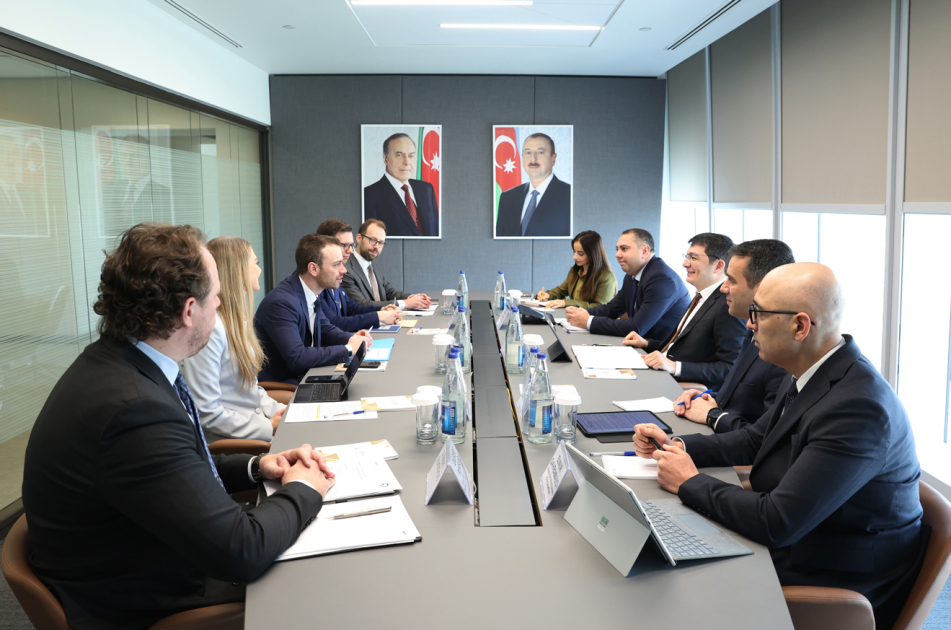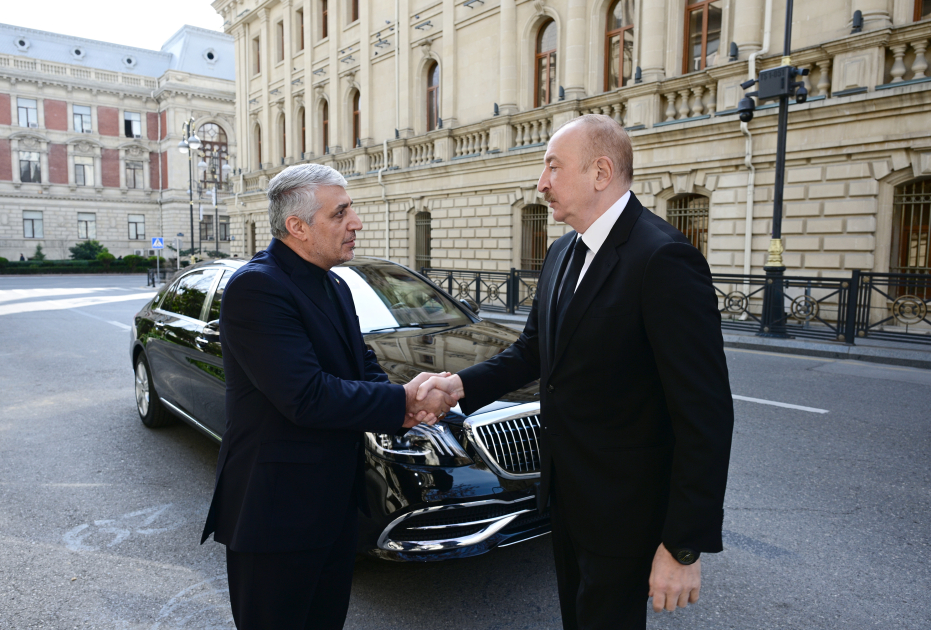"If Armenia really wants peace in the region, if it accepts Azerbaijan's proposals based on international law at tomorrow's meeting, there will be no serious problem in concluding a peace agreement at the next stage," Fuad Huseynaliyev, the Director of Report Information Agency, said on the air of “ARB 24.”
According to him, positive results can be achieved at the meeting between the deputy prime ministers of Azerbaijan and Armenia on November 30 on the conditional border: “Because we have recently been hearing positive opinions from Armenia. It seems to me that tomorrow's meeting can be the basis of a peace agreement. Reaching common ground at tomorrow’s meeting will make it possible to sign a peace agreement soon. We know that there are still unsolved problems, namely, the enclaves of Azerbaijan on the territory of Armenia and the delimitation process. To my mind, as a result of tomorrow's meeting, we can talk more optimistically about the peace agreement.”
The expert noted that eight enclaves of Azerbaijan on the territory of Armenia can be discussed at tomorrow's meeting: “Maybe this issue will not be mentioned exactly in the peace agreement. The main principle of the peace agreement is that the countries confirm each other's territorial integrity and sovereignty. Speaking about the enclaves, Pashinyan said that Armenia recognizes the territorial integrity of Azerbaijan, which includes the enclaves. This issue may not fully be reflected in the peace agreement, but it will be agreed upon between the sides as an additional agreement or condition. This issue can be resolved within the framework of delimitation and demarcation.”
Touching upon the recent relations between Azerbaijan and the United States, Huseynaliyev said that no pressure against Azerbaijan is working: "In a phone conversation with US Secretary of State Antony Blinken, President Ilham Aliyev said that if the US bans the visits of Azerbaijani officials to this country, official Baku will also take the analogical steps. I think that Washington's pressure on Azerbaijan came from the goal of obtaining some dividends. But Azerbaijan has shown that it will not accept any pressure. Therefore, the United States, realizing its own wrong policy, retreated from its positions, and in fact, Blinken accepted several conditions of President Ilham Aliyev. Yesterday, the US permanent representative to the OSCE said that Washington wants peace to be established in the South Caucasus, and peace talks can be held in the format desired by the parties."
In his opinion, when it comes to the issue of other countries' interference in the preparation process of the peace treaty between Azerbaijan and Armenia, no pressure on the official Baku is working: “It backfires. Baku does not take a step back in the face of any pressure, on the contrary, it takes a tougher line. International powers have also accepted this. When France exerted pressure on Azerbaijan, the international powers, including the United States, remained silent. Then the US and Europe increased the pressure, but there was no result.”
Huseynaliyev noted that a meeting can take place on the conditional border of Azerbaijan and Armenia: "Azerbaijan has several times proposed that the officials of the two countries hold high-level negotiations without a third party. As for a venue, the Georgian government has also suggested that Tbilisi is ready to host. There will be no third party here. Or the meeting can take place at the conventional border."
According to him, it is not right to wait for the signing of any document between the two countries at the initial stage: "First of all, the communications should be opened. This is ready on our side, but the Armenian side does not have the relevant infrastructure. Armenia should show interest in this matter. After the initial stage, we can see frequent meetings of the delimitation commission and high-speed processing of the border delimitation."


